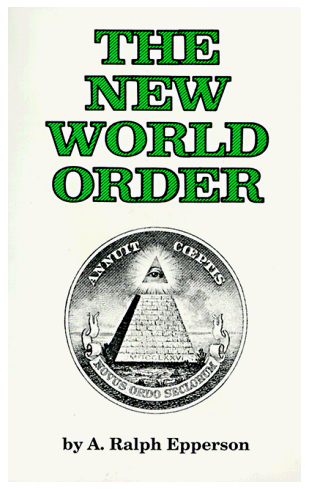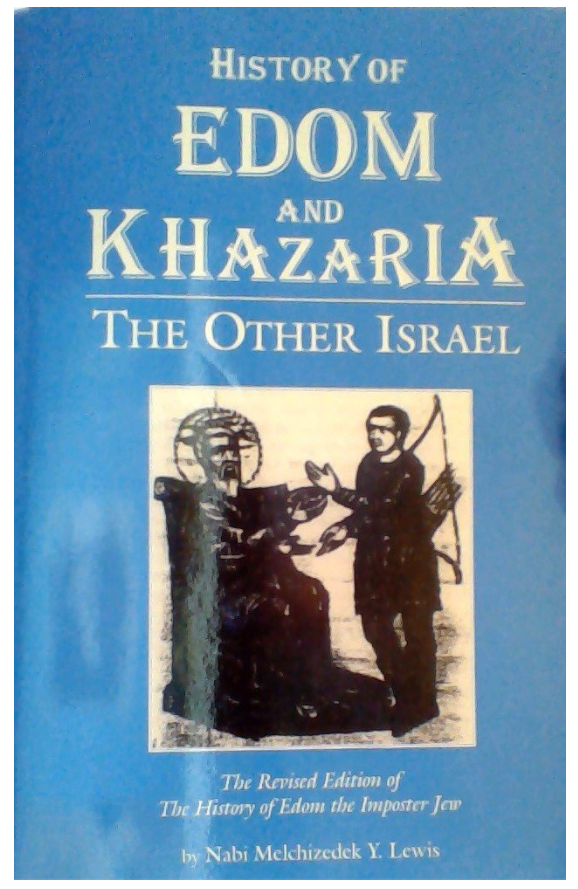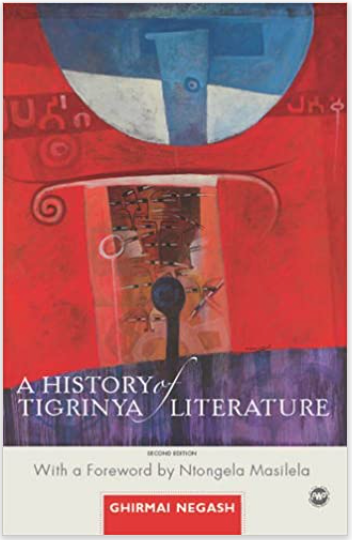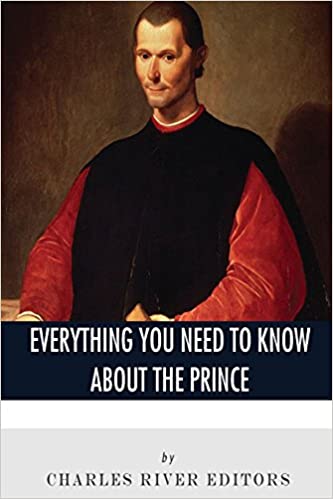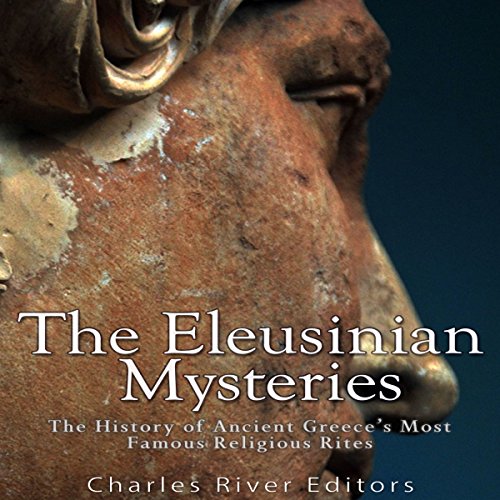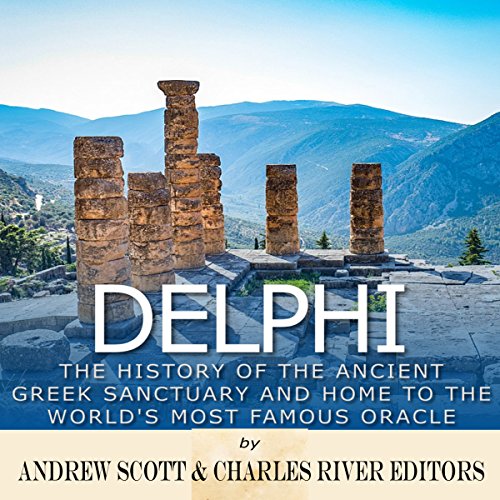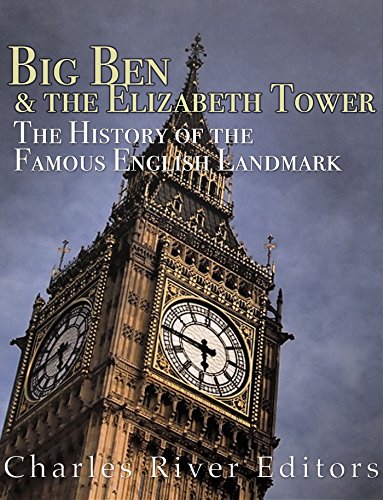British Folk Magic: The History of Magical Practices across Great Britain
ISBN: 9781537493206
*Includes pictures *Includes contemporary descriptions of various practices of magic *Includes online resources and a bibliography for further reading *Includes a table of contents "The Anglo-Saxon charms… are of outstanding importance because they provide more than vague references of exceptional and short texts. They cannot be said to reveal everything, for there are numerous points in which they lamentably fail us, but they are numerous enough and, taken as a body, complete enough to give more than a tantalising hint of a strange world. The veil of mystification enveloping magic appears to be thin and transparent here." - G. Storms, Anglo-Saxon Magic (1948) Great Britain is an ancient land steeped in history and tradition. Its rolling countryside is dotted with prehistoric burial mounds and stone circles. Brooding castles hold tales of bloodshed and honor. Medieval churches have elaborate stained glass windows and gruesome carvings, reflecting a mixture of hope and darkness. Through all of this runs a deep current of the practice of magic. Court magicians thrilled royal patrons with tales of communing with the dead in moldering graveyards, alchemists labored in hidden laboratories tried to turn base metals into gold, and in the countryside, local “cunning folk” mixed herbs and made incantations. These practices stand in contrast to high magic, including such occult arts as astrology, divination, necromancy, and alchemy, which required literacy, an extensive and expansive personal library, and a fair amount of education. As such, some magicians became important figures in the royal court, such as the famous John Dee, who practiced alchemy and wrote a dictionary documenting the language of angels. Most commoners were not literate and couldn’t afford education or books, and thus their magic consisted of separate traditions and techniques that only occasionally overlapped with high magic. Before the 20th century, with its radios, televisions, and international travel, all levels of British society were fascinated by magic and superstition






